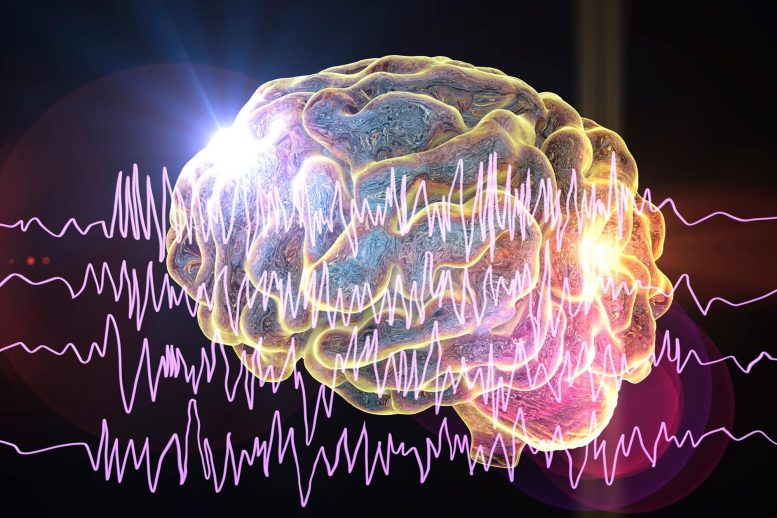
A new report explores how the military could embrace recent neuroscience breakthroughs and addresses the associated legal and ethical concerns.
If the military embraces the latest developments in neuroscience, soldiers could have their minds directly plugged into weapons systems, undergo brain scans during recruitment, and use neural stimulation to boost learning. These scenarios were described in a report by the Royal Society, which also highlights the legal and ethical concerns that such innovations will bring forth.
The authors also anticipate the creation of new designer drugs that boost performance, make captives more talkative, and plunge enemy troops into slumber. They even argue that hostile uses of neuroscience are more likely, since scientists remain oblivious to the consequences of their research.
Transcranial direct current stimulation (tDCS) can already improve people’s performance in some tasks. US neuroscientists are trying to improve people’s ability to spot improvised explosive devices (IEDs), snipers, and other hidden threats in virtual reality training using tDCS. Those that used tDCS responded almost twice as fast as the ones that didn’t.
Brain-machine interfaces (BMIs) will allow people to connect their brains directly into drones and weapons systems. This comes out of work that has enabled people to control computer cursors and artificial brains through BMIs that read their brain signals.
Using EEGs coupled with a system called neurofeedback, people can learn how to control brainwaves and improve their skills. It’s already been shown to improve training in golfers and archers.









I want to know when brain scanning will become a standard integrated feature for patrons at Starbucks. There’s a lot of potential with brain scanning and wireless devices to serve consumer preferences. And, if brain scanning is really valuable to researchers, why not offer pay incentives to the average joe who wants to make a little cash off his brain scanning device? New forms of art might be the very bottom line.
Definite possibilities. The market should tap into this.
It seems very related to the recent interests in neural networks for computer games and economics functions. But I don’t know if that’s the straightest road, even if it’s ultimately related. Maybe neural networks could handle parallel processing functions.
A lot more can be done, an comprehensive investigative report on patents and references.
Dig deeper.